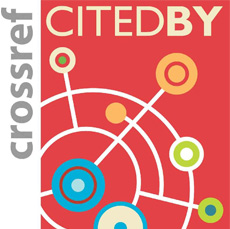ISSN : 2288-5412(Online)
DOI : http://dx.doi.org/10.14354/yjk.2004.22.143
Out of Myth into History: Women in W. B. Yeats and Eavan Boland
Abstract
The generation that followed Yeats has an influence from him that could beoverpowering, and this generation should be conscious of the Irish literary condition.Within that tradition, Eavan Boland argues, women are facing the dual stresses asan Irish poet and as a woman poet -‘two identities.’ She sensed the change that“women have moved from being the subjects and objects of Irish poems to beingthe authors of them.” And the women Boland depicts in her works are the realones, and their fear, pleasure, fulfilment, regrets, dangers, and so on are conveyedwithin the Irish scene. In these materials, she integrates the personal and nationalclaims in some poems. So she raises a question about her own place as a poet:who is the poet, and what does she or he nominate as a proper theme for poetry.In the Irish cultural convention woman has been regarded as a land, subjected toEnglish colonialism, restricted, and marginalised. It resulted in women being placedas idealized, simplified, passive images in poetry. Boland tries to restore femaleidentity in terms of a true human identity. How that construct itself was to limitBoland in her works. However, this is not the traditional way but the subversivediscourse on women, a way toward the powerlessness of an experience through thepower of expressing it. In this way, she recreates women's experiences as livinghistory.
신화에서 역사로: 예이츠와 이반 볼란드 시에서의 여성*
초록
-
-
Submission : JAMS
https://yjk.jams.or.kr/
-
YSK
The Yeats Society of Korea
-
Editorial Office
Contact Information- Tel: +82-2-2220-4477
- E-mail: ilhwan_y@hanyang.ac.kr -

-

-

-

-

-





